Man and Machine: Will Elon Musk Change What it Means to be Human?
Bill Gates thinks we overestimate how much can be achieved in one year, and underestimate how much will change in ten. If Elon Musk’s Neuralink achieves even a fraction of what he hopes for in the next decade, the solar-powered Mars colonist could fundamentally change more than our relationship to technology. He might redefine what it means to be human.
Neuralink, the company, exists to develop a direct interface between the human brain and a computer. Neuralink, the concept, is rushing to beat Google and Facebook and a hundred other companies developing Artificial Intelligence.
Not just because Musk wants to secure for himself the vast profits on which a successful first mover in this field can undoubtedly bank, but because he sees it as being crucial to the survival of the species — just like taking our DNA off-planet, and saving this planet from our insatiable appetite for fossil-fueled energy.
It sounds a little sci-fi because it’s truly, madly, deeply sci-fi. What Neuralink will probably do in the next couple of years is create brain implants that work around spinal injuries or vision loss. Alzheimer’s is well within the target zone.
As Musk told author and researcher Tim Urban, “The first use of the technology will be to repair brain injuries as a result of stroke or cutting out a cancer lesion, where somebody’s fundamentally lost a certain cognitive element. It could help with people who are quadriplegics or paraplegics by providing a neural shunt from the motor cortex down to where the muscles are activated. It can help with people who, as they get older, have memory problems and can’t remember the names of their kids, through memory enhancement, which could allow them to function well to a much later time in life.”
A familiar path
For anyone with even a passing knowledge of the human brain’s hyper-complexity, it sounds an impossible dream — but we’re already dreaming it with technology like cochlear implants. Musk’s business model is no different from the pathway he walked with Tesla and SpaceX: developing an expensive, entry-level suite of saleable technology to fund further innovation while searching for a breakthrough that funds further innovation, powering a self-reinforcing process.
It’s modest and achievable in the medium term. Musk talks about going to market with the first product in four to five years. But it’s the prospects for change over the longer arc that dazzle. Not just over the ten years that Bill Gates identified as being the necessary period for deep, structural change in both economies and societies, but even further out. The microprocessor has radically reshaped human civilisation over nearly 50 years. Musk’s integrated ‘bio-processors’ could do much more.
Ultimately Neuralink envisions not just grafting computer intelligence to the human brain, but merging them so closely they become one and the same. This wouldn’t just be a matter of thought messaging your contacts, or googling up some factoid from the convenience of your frontal lobes. It could mean consciousness sharing, lifestream recording, the end of death.
Our thoughts, our memories, our very selves are signals passed between neurones. Capture those signals, copy them without loss, and we can effectively recreate ourselves in digital form. It’s been a staple of science fiction for decades — from the early cyberpunk novels to the upcoming Netflix series based on Richard Morgan’s Altered Carbon.
Of all the future technologies being imagined and developed today, however, none have implications as profound. It’s not a question we will have to answer for a while yet — possibly not for decades or even a century — but if Neuralink is successful in capturing and coding human consciousness, what does it mean to be human anymore?
This article is a part of ADMA’s Future of Marketing Almanac – Edition 2: Technology.
